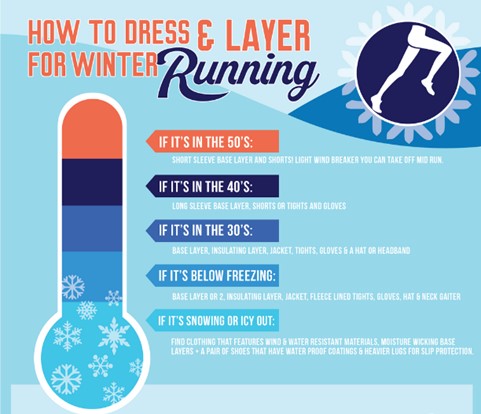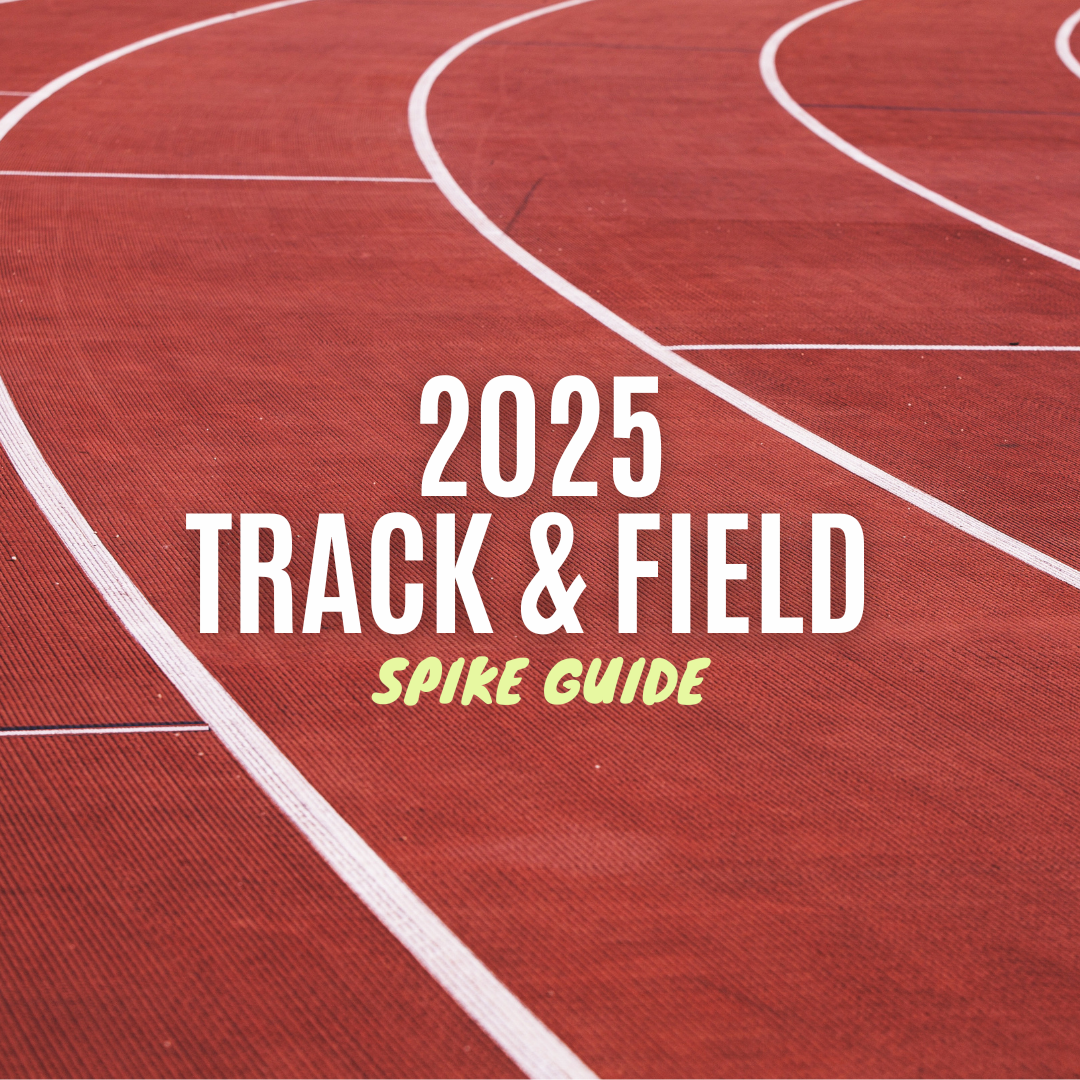Run Faster with Periodization Training
Let’s compare two runners training
Runner A does the same route at roughly the same pace almost every day. Runner B does a progressive training program that goes harder some days, then easier others and gradually gets more challenging as they get more fit. Now which runner do you expect to improve more? The answer is obvious! The progressive approach of Runner B is laughably better, however way more people train like Runner A than they realize.

To help ensure you train better (like Runner B) we’re going to go over a few principles around Periodization.
First though, what exactly is Periodization?
Simply put, to periodize is to break up your training into smaller blocks. This can be done at a few different levels. You can start looking at it on the smaller side of a hard day and then easy day, but you could look at the big picture and say this summer is about speed, the fall is about endurance and the winter is about strength.
The idea is that you block training up and progress towards your big goal. Imagine a funnel, you start out wide and things start to come together the closer you get to the end. That is what you are doing with your training! You start out wider, or more general and funnel to more specific training at the end. Specific just means the training looks more like your goal race.
Periodization is not a new concept
If you ever trained for cross country or distance races in track your coach probably used this concept. It was popularized by the famed New Zealand Coach Arthur Lydiard in the 60’s. He did an extreme version of this where his runners would run months of 100+ mile weeks, then abruptly move into a strength period where they would bound up sandy hills at the beach. Then finally his runners would finish the season with his specific block where they did short speed intervals pretty much every day! That is what’s called linear periodization, now we do a much less extreme version of this called nonlinear periodization. All that is to say we work on more or less everything all at once, but in a progressive manner.

If we really want to understand periodization we can keep these three principles in mind. If you can train with these you’ll almost certainly improve!
- The Cone Of Specificity - Essentially what we already talked about with the funnel, we go from shorter speedier sessions with more rest towards more race specific workouts with less to sometimes no rest. Think for a marathoner you start with some 400’s at a fast pace and end your season doing an 18 miler at race pace.
- Progression Is Key - Workouts should build on what you’ve already done. A few different ways to do that is to increase the time on the rep, decrease the recovery, add incline, or increase volume. For example one week you do 10x 400 with 60 seconds rest. The next workout might be 12x400 at the same pace with the same rest, or you do 8x 600 with 75sec rest. Or you do 10x 400 with 45 seconds rest. All of these progress the workout in some way!
- Keep Recovery In Mind- You want to push yourself a little bit to get better, this is called functional over-reaching, which is just a fancy term for challenging yourself just a little. If you push too hard you’ll have to really back off and if you never push hard enough you’ll never get better. With this in mind we need to take recovery seriously. Whether that is an easy day after a hard day on the short term scale, or an easier week after a few harder weeks.

If you can keep these principles in mind you can build an effective training program. Many of these same principles apply to your lifting (which you should be doing! Lower injury rates by 30-50% + Make you a more efficient runner) plyometrics, or most of your other training. If you have any questions about how to structure training specifically please ask!





Comments